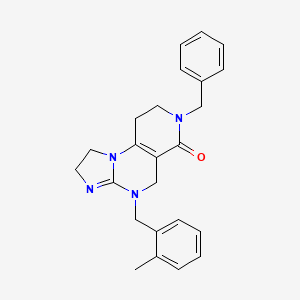
TRAIL, a member of the TNF family of ligands, causes caspase-dependent apoptosis through activation of its receptors, death receptor 4 and DR5.
ONC201 was originally identified as a small molecule that inhibits both Akt and ERK, resulting in dephosphorylation of Foxo3a and thereby induces TRAIL transcription.
Recently, two independent groups, Wafik El Deiry at Fox Chase and Michael Andreeff at MD Anderson,reported that ONC201 induces cell death via cell stress mechanisms, independent of TRAIL transcription. Gene expression profiling analysis revealed that ONC201 induces endoplasmic reticulum (ER) stress or integrated stress response -related genes, such as Activating Transcription Factor 4 (ATF4) and C/EBP-homologous protein (CHOP).
The researchers in Dr. Lipkowitz's group at the Center for Cancer Research in the National Cancer Institute observed that ONC201 kills breast cancer cells via a TRAIL-independent mechanism. Time-lapse live cell imaging revealed that ONC201 induces cell membrane ballooning followed by rupture, distinct from the morphology of cells undergoing apoptosis. They found that ONC201 inhibits mitochondrial respiration and induces mitochondrial structural damage. Moreover, they found ONC201 reduces mitochondrial DNA copy number. Importantly, cells dependent on glycolysis, such as fumarate hydratase deficient cancer cells and multiple cancer cell lines with reduced amounts of mitochondrial DNA were resistant to ONC201. ONC201 induced ATF4 and CHOP in breast cancer cells, and the stress response it was partially dependent on the mitochondrial effects of ONC201.
"Our work identifies a novel mechanism of ONC201 cytotoxicity that is based on the disruption of mitochondrial function, leading to ATP depletion and cell death in cancer cells that are dependent on mitochondrial respiration. Our study also suggests that cancer cells that are dependent on glycolysis will be resistant to ONC201" Dr. Stanley Lipkowitz, Chief, Women's Malignancies Branch, NCI.
Ref : http://www.oncotarget.com/news/pr/onc201-kills-breast-cancer-cells-in-vitro-by-targeting-mitochondria
